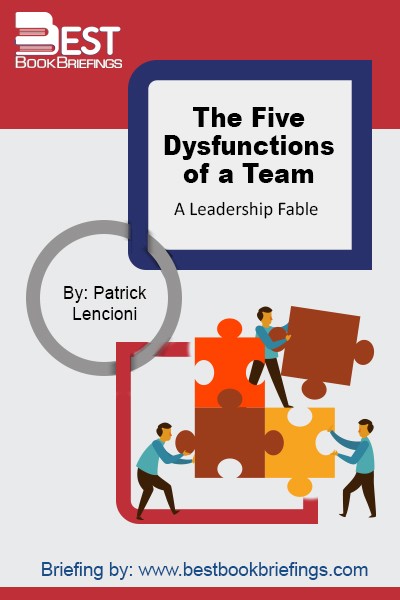The Five Dysfunctions of a Team
A Leadership Fable
Editorial Review
Perhaps more than any of the other dysfunctions, the leader must set the tone for a focus on results. If team members sense that the leader values anything other than results, they will take that as permission to do the same for themselves. Team leaders must be selfless and objective and reserve rewards and recognition for those who make real contributions to the achievement of group goals. Success is not a matter of mastering subtle sophisticated theory, but rather of embracing common sense with uncommon levels of discipline and persistence. Ironically, teams succeed because they are exceedingly human. By acknowledging the imperfections of their humanity, members of functional teams overcome the natural tendencies that make trust, conflict, commitment, accountability and focusing on results so elusive.
Book Reviews
Books on Related Topics
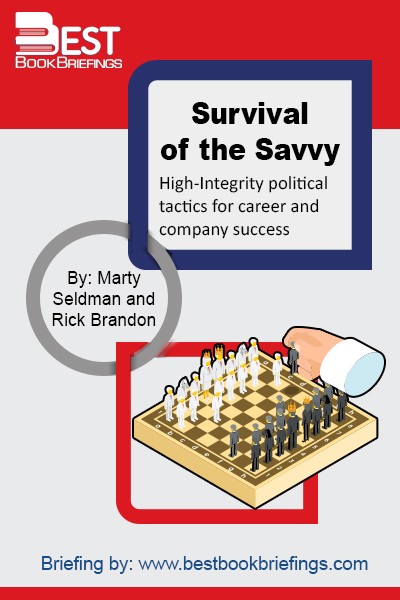
For most people, the words integrity and politics don’t mix. When we hear politics, we think of undesirable behavior such as manipulation, backroom deals, self-serving hidden agendas, bad-mouthing, or compromising values to get things done. Such behavior definitely exists, and has crushed many well-intentioned and capable professionals and leaders. But we

In this leadership book, 42 Rules for Creating WE offers new insights from thought leaders in neuroscience, organizational development, and brand strategy, introducing groundbreaking practices for bringing the spirit of WE to any organization, team or cause.

Leaders Eat Last attempts to help us understand why we do what we do. Almost all of the systems in our bodies have evolved to help us find food, stay alive and advance the species. However, for a lot of the world, and certainly throughout the developed world, finding food and
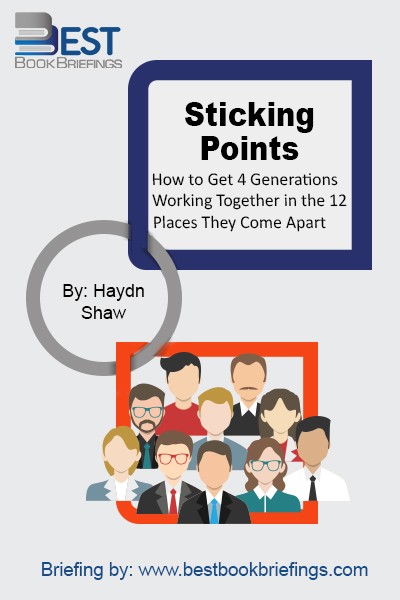
Employees in the workplace belong to different generations which impact their way of thinking and how they see matters. These generational differences are what we call Sticking Points. Knowing these sticking points can allow teams to label tension points and work through them – even anticipate and preempt them. But most

Radical Candor is a simple idea: to be a good boss, you have to Care Personally at the same time that you Challenge Directly. When you challenge without caring it’s obnoxious aggression; when you care without challenging it’s ruinous empathy. When you do neither it’s manipulative insincerity. This simple framework can help

As teams become increasingly virtual; productivity increases will be required; leadership skills will be demanded from more and more of the team's membership. Our capacity for resilience will be tested on a daily basis. However, when groups of people adapt and respond collectively, incredible things happen. This is where collaborative intelligence
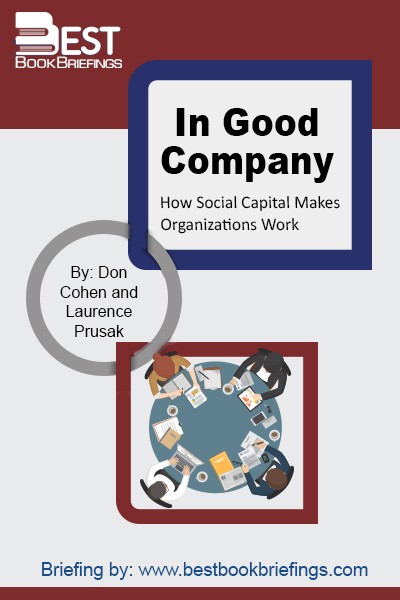
Social capital consists of the stock of active connections among people: the trust, mutual understanding, and shared values and behaviors that bind the members of human networks and communities and make cooperative action possible. It makes an organization, or any cooperative group, more than a collection of individuals’ intent on achieving
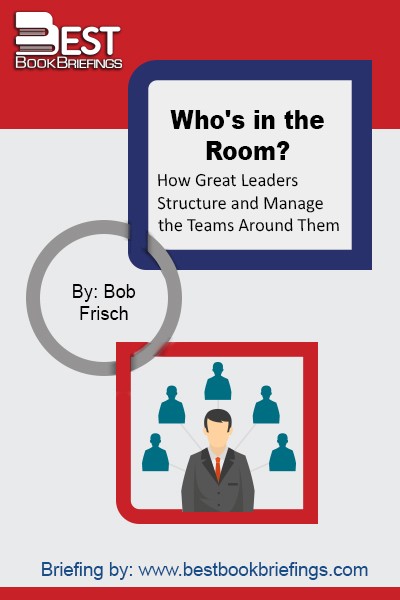
At the heart of every organization chart lies a myth. At the top there’s the boss. Directly beneath are the boss’s direct reports – anywhere from five to fifteen people who meet regularly as the senior team. Whether at the corporate, divisional, functional, or departmental level, this team almost invariably has

